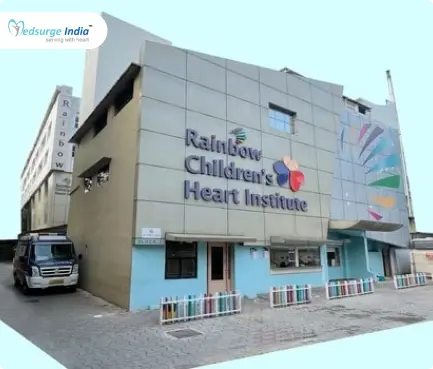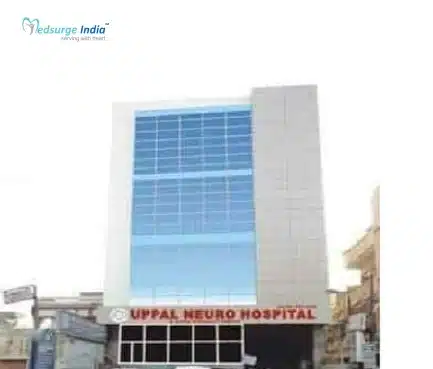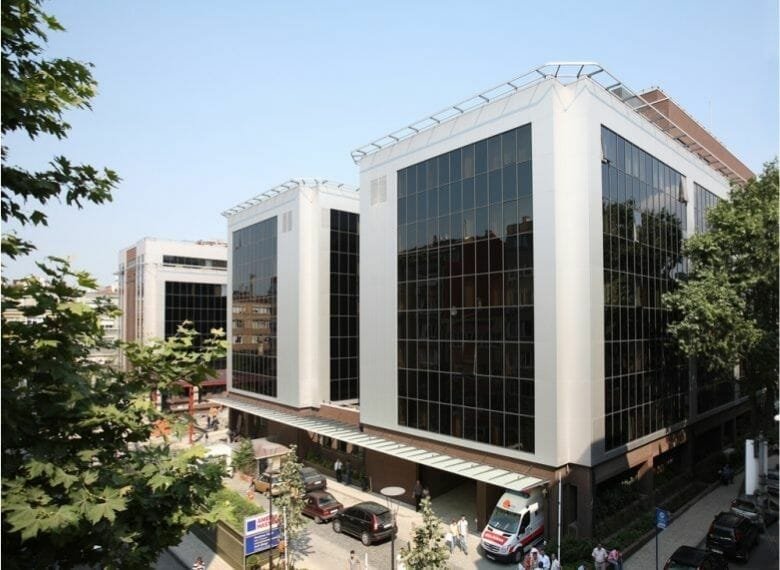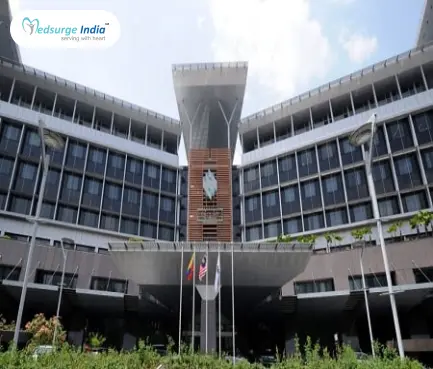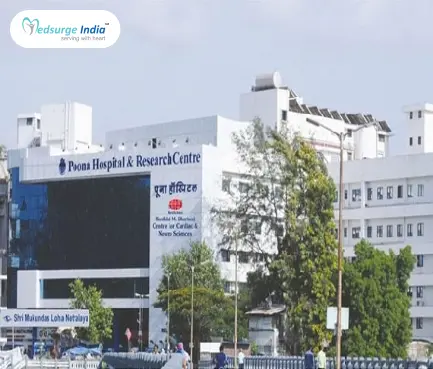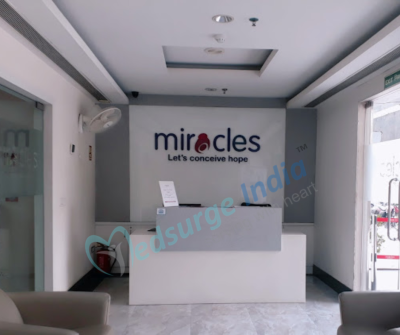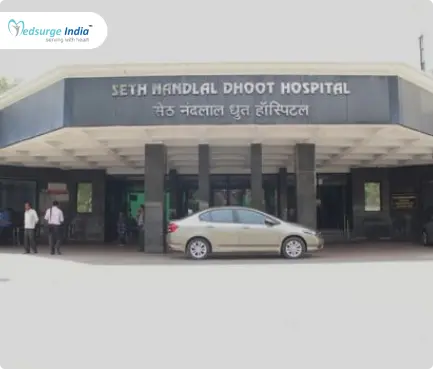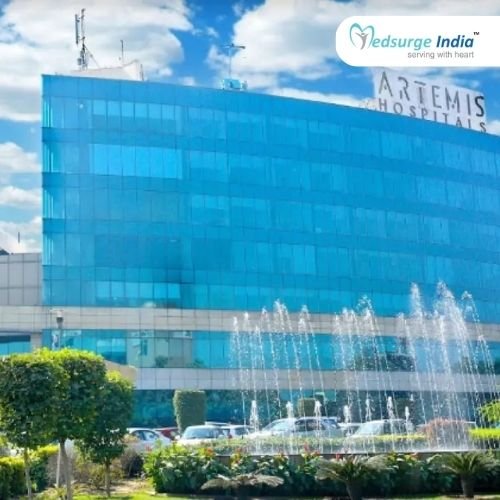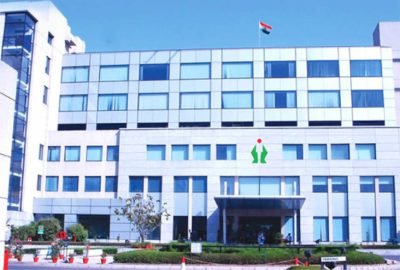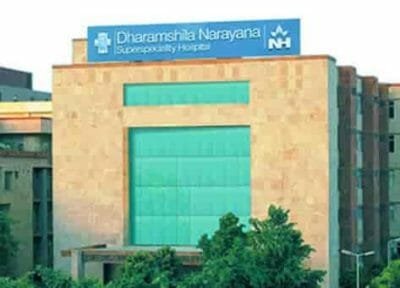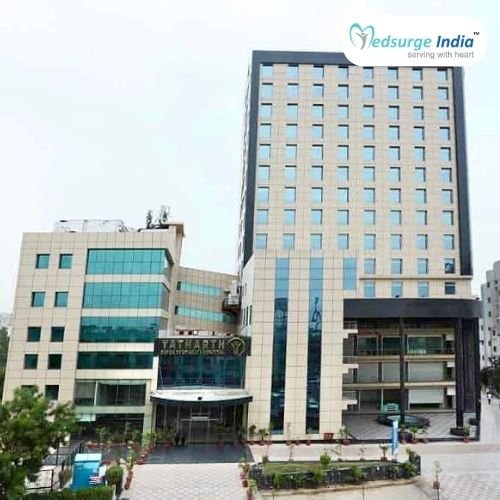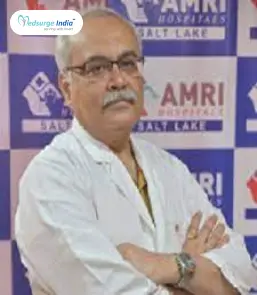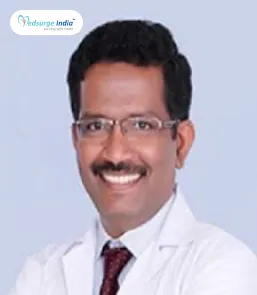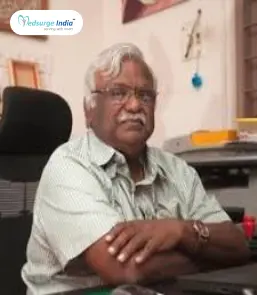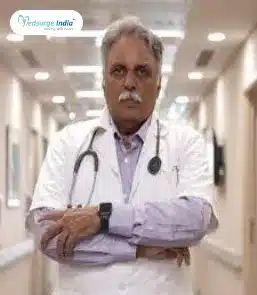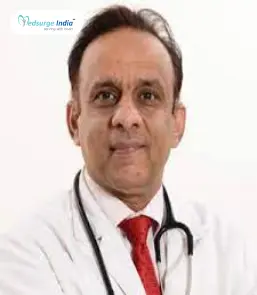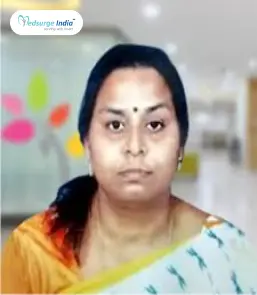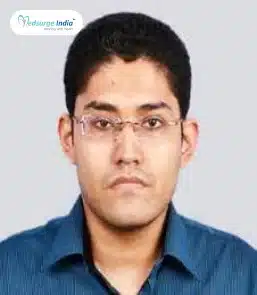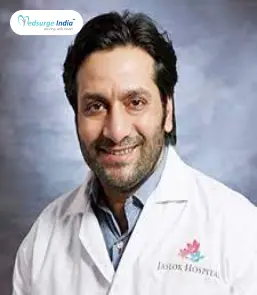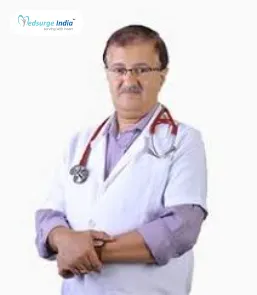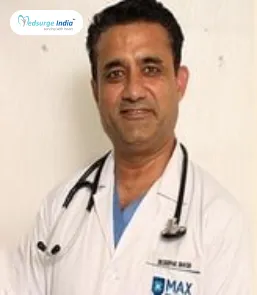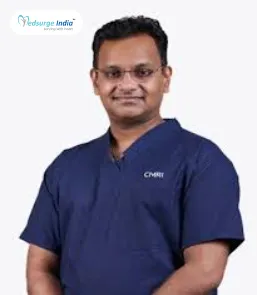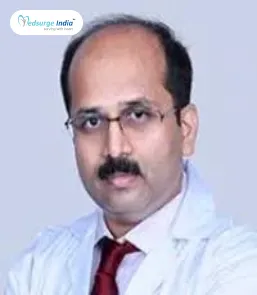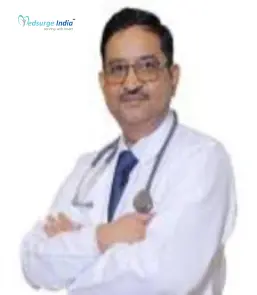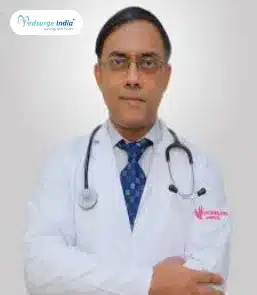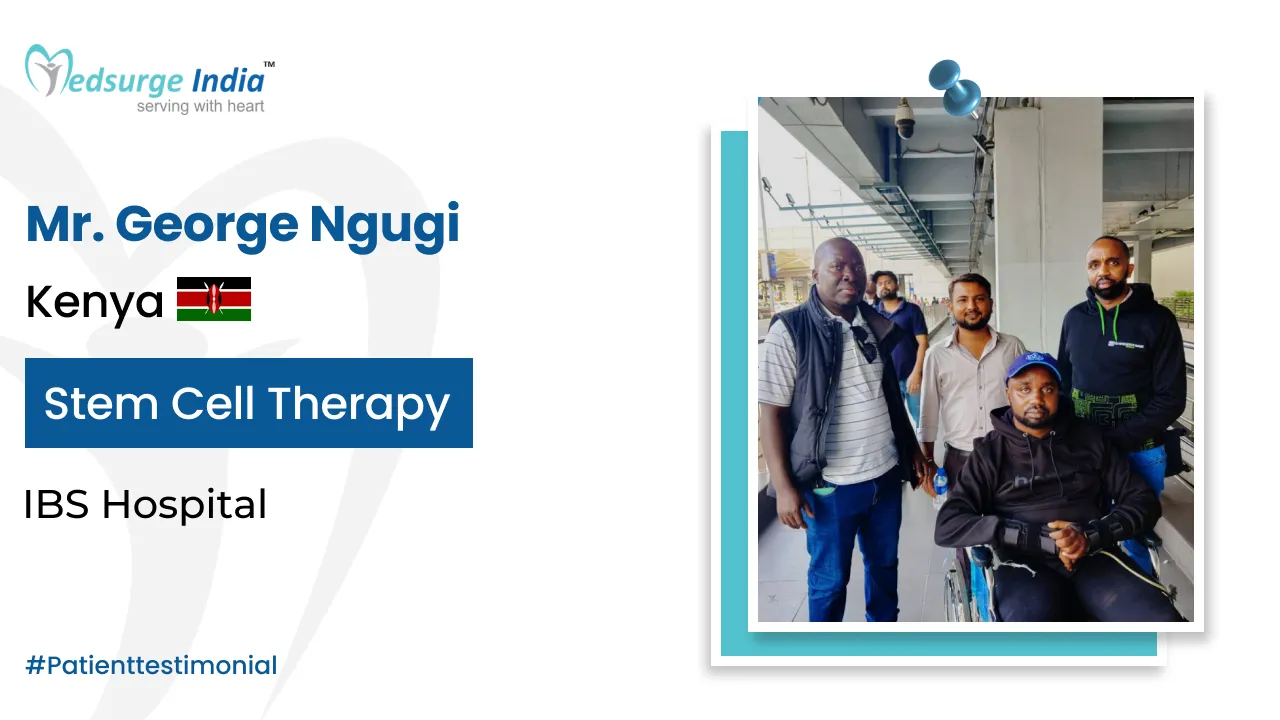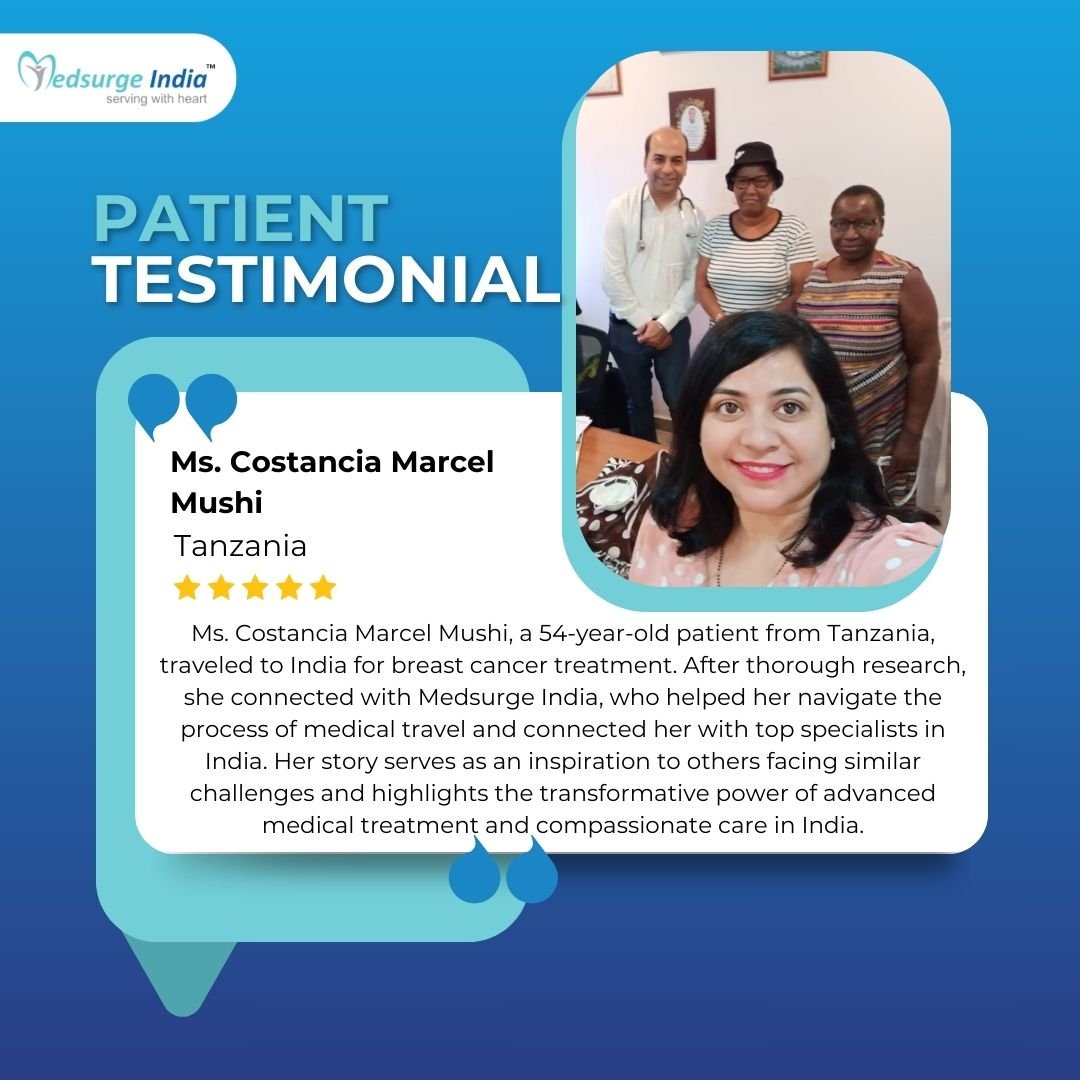
A thoracoscopy is one of the most common approaches used for the visualization of the surface of your lungs and the immediate surrounding area or the pleural space. These areas are visible to your healthcare provider through a thoracoscope; it is a thin tube with a camera and a light to help your doctor sample the lung tissue or lymph nodes. Unlike the MRI, they can see your diaphragm, esophagus, chest wall, and other parts as well.
Thoracoscopy is employed in VATS which is a minimally invasive chest surgery performed by the providers. Being able to show pictures to a video monitor within the surgical room while performing their tasks.
What is Thoracoscopy?
Thoracoscopy is defined as a procedure that a doctor applies to examine the cavity of the chest (apart from the lungs). This is done with the help of a thoracoscope which is nothing but a thin tube-like instrument with light and a video camera at the end of it. The tube is inserted through an incision removed just beside the lower part of the shoulder blade and between the ribs. Thoracoscopy may be done in context with VATS, which stands for video-assisted thoracic surgery.
When is a Thoracoscopy Used?
Your healthcare provider can use a thoracoscopy or video-assisted thoracoscopy surgery when they need to:
- To receive information that they could not obtain by an ordinary chest X-ray, CT, or an ultrasound.
- Excise some of your pleura (the inner layer of the chest wall).
- Take out dead tissue in your lung (lung volume reduction surgery).
- Exhale and remove the air particles from your lungs.
- Prevent and treat lung cancer by taking out part of your lung (lung resection).
- Discharge any excess fluid from your pleural space and take medication to prevent fluid from accumulating (pleurodesis).
This procedure may be necessary if you have lung cancer or mesothelioma. Furthermore, your treatment provider may perform a thoracoscopy in the case where you have cancer on your thymus gland or esophagus.
Thoracoscopy Surgery Cost in India
Thoracoscopy surgery cost in India are influenced by several factors. The most significant factor affecting the cost of Thoracoscopy Surgery in India depends on the patient condition. The cost can range from 1700 USD to 4000 USD for Thoracoscopy Surgery in India.
Thoracoscopy Surgery Cost in Different Cities in India
| Cities | Price Starting From |
| Delhi | 1900 USD |
| Noida | 1700 USD |
| Gurgaon | 2000 USD |
| Chennai | 1900 USD |
| Mumbai | 2000 USD |
| Bangalore | 2200 USD |
| Kolkata | 1800 USD |
Please keep in mind that the cost of the treatment will vary depending on various factors. Below are the factors that can affect the cost of the treatment.
Factors that affect Thoracoscopy Surgery Cost in India
Here are several key factors that influence the expenses associated with Thoracoscopy Surgery:
Hospital or clinic’s location: The cost of care in a private hospital or clinic is often higher than that in a public hospital.
Medication costs: Certain medicines can influence the overall cost of Thoracoscopy Surgery in India.
Patient Condition: The complexity of the patient’s overall health can affect the duration of treatment, impacting the cost.
Duration of treatment: Longer treatment courses involving multiple visits can lead to higher cumulative costs.
The expertise and experience of medical professionals: Pulmonologists or thoracic surgeons with extensive experience and recognition often command higher fees, contributing to the treatment cost.
How is it Done?
Like any surgery, thoracoscopy may be performed on an outpatient basis or as an inpatient procedure depending on the extent of the procedure. This is often done on an outpatient basis so you may only require a regional block (not a general) and perhaps mild sedation. The outpatient procedure is similar to what is described below for the inpatient (VATS) procedure done in the operating room.
- Medications will be administered through a vein into your bloodstream so that you become unconscious (general anesthesia).
- During the procedure, a tube will be passed into your throat and connected to a lung ventilator. A small incision about 5mm is made in the back below the tip of the shoulder blade between two ribs through which the thoracoscope is inserted.
- The second small incision is made below the breast on the same side in order to put in the instrument with the cutting tool.
- At times, some of the air that is in the lung on that side may be evacuated in order to make it easier to identify any abnormality.
- After that, any regions which appear inflamed or irregular are excised or sampled with the biopsy tool and analyzed.
- If there is need to take out fluid, an additional cut is made on the lower chest wall and a flexible pipe (known as intercostal tube) inserted to get rid of the excess fluid for a couple of days.
- The thoracoscope and cutting tool shall then be withdrawn and the cuts made covered up.
- After this procedure you will be wake you up gradually and extubated from the breathing machine.
- The procedure can last anywhere from 30 minutes to 1 and 1/2 hours but may possibly be longer depending on what is done.
After The Procedure
All the incisions will be sutured and the patient back to breathing without any assistance. To ensure that there is no problem, the care team will closely watch the patient after the surgery. After the operation the patient will feel drowsy, confused and disoriented for several hours and his or her mouth will be sore and the throat numb. The patient will be allowed neither to eat nor to drink until feeling returns to the affected part. At that point, he or she may develop hoarseness coughing and/or a sore throat for at least one day. The patient also may experience tender or numb sensations in the regions where the incisions were made.
Assuming the patient was to undergo an outpatient thoracoscopy, the patient is discharged after a few hours but cannot drive due to the after-effects of anesthesia. The care team will offer clear directions on the instructions to follow after the operation which are crucial to adhere to. It should include a list of signs of symptoms that require a call to the care team, such as:
- Fever
- Difficulty breathing
- Chest pain
- Coughing up blood
How Can You Save Cost During Thoracoscopy Surgery?
Here are some ways to save cost during thoracoscopy surgery in India:
- Compare prices and services offered by different hospitals.
- Look for hospitals that offer discounts or package deals.
- Choose a Hospital that is located closer to your home to reduce travel expenses
- Consider opting for companies that offer treatments globally and are in collaboration with the top hospitals and doctors.
Also read: Best Pulmonologists in Delhi
Get Free Cost Estimation
The Most Important Frequently Asked Questions
Q: Is Thoracoscopy a Big Surgery?
A: This kind of surgery is minimally invasive. This indicates that fewer incisions are made than in open surgery, which requires one major incision.
Q: What Is Thoracoscopy Used For?
A: If an aberrant area is observed on an imaging test (such as a CT scan or chest x-ray), a thoracoscopy can be utilized to examine it. Moreover, biopsy samples of lymph nodes, aberrant lung tissue, the chest wall, or the pleura (the lining of the lung) can be obtained using this technique. Patients with lung cancer and mesothelioma frequently utilize it.
Q: How Much Time Does Recovery from a Thoracoscopy Take?
A: After the treatment, many patients are able to return to work in one to two weeks. If your doctor approves, you can take a shower 24 to 48 hours following surgery. Dry off the incision by patting it. For the first two weeks, or until your doctor gives the all-clear, avoid taking a bath.
Q: What Advantages Does a Thoracoscopy Offer?
A: It offers many of the therapeutic advantages of more invasive treatments, such video-assisted thoracoscopic surgery, with a lower risk profile and a higher diagnostic yield than routinely used percutaneous techniques (thoracentesis, closed pleural biopsy).
Top Hospitals for Thoracoscopy Surgery in India
Top Doctors for Pulmonology
Dr. Ranganatha R
Consultant
Experience: 20 years of experience
Mediciti Hospitals, Andhra Pradesh
Bangalore, India
Dr. Aratrika Das
Senior Consultant
Experience: 38+ years of experience
NH Rabindranath Tagore International Institute of Cardiac Sciences, Kolkata
Kolkata, India
Dr. Sandeep S
Consultant
Experience: 13 years of experience
BGS Gleneagles Global Hospitals, Bangalore
Bangalore, India
Dr. Sandeep Nayar
Director
Experience: 28 years of experience
BLK Super Speciality Hospital, New Delhi
New Delhi, India
Dr. Mrinmoy Mitra
Consultant
Experience: 13 years of experience
AMRI Hospital, Kolkata (Mukundapur)
Kolkata, India
Dr. Deepak B
Director
Experience: 27 years of experience
Max Superspecialty Hospital, Mohali
Mohali, India
Dr. Shyam Krishnan
Consultant
Experience: 10 years of experience
Calcutta Medical Research Institute, Kolkata
Kolkata, India
Dr. Hemanth Kumar M
Associate Consultant
Experience: 13 years of experience
St. John’s Hospital, Bangalore
Bangalore, India
Dr. Deepak Bhasin
Experience: 27+ years of experience
Max Superspecialty Hospital, Mohali
Mohali, India
Dr. Monimoy Ghosh
Experience: 23+ years of experience
Woodlands Multispeciality Hospital, Alipore Road, Kolkata
Kolkata, India





